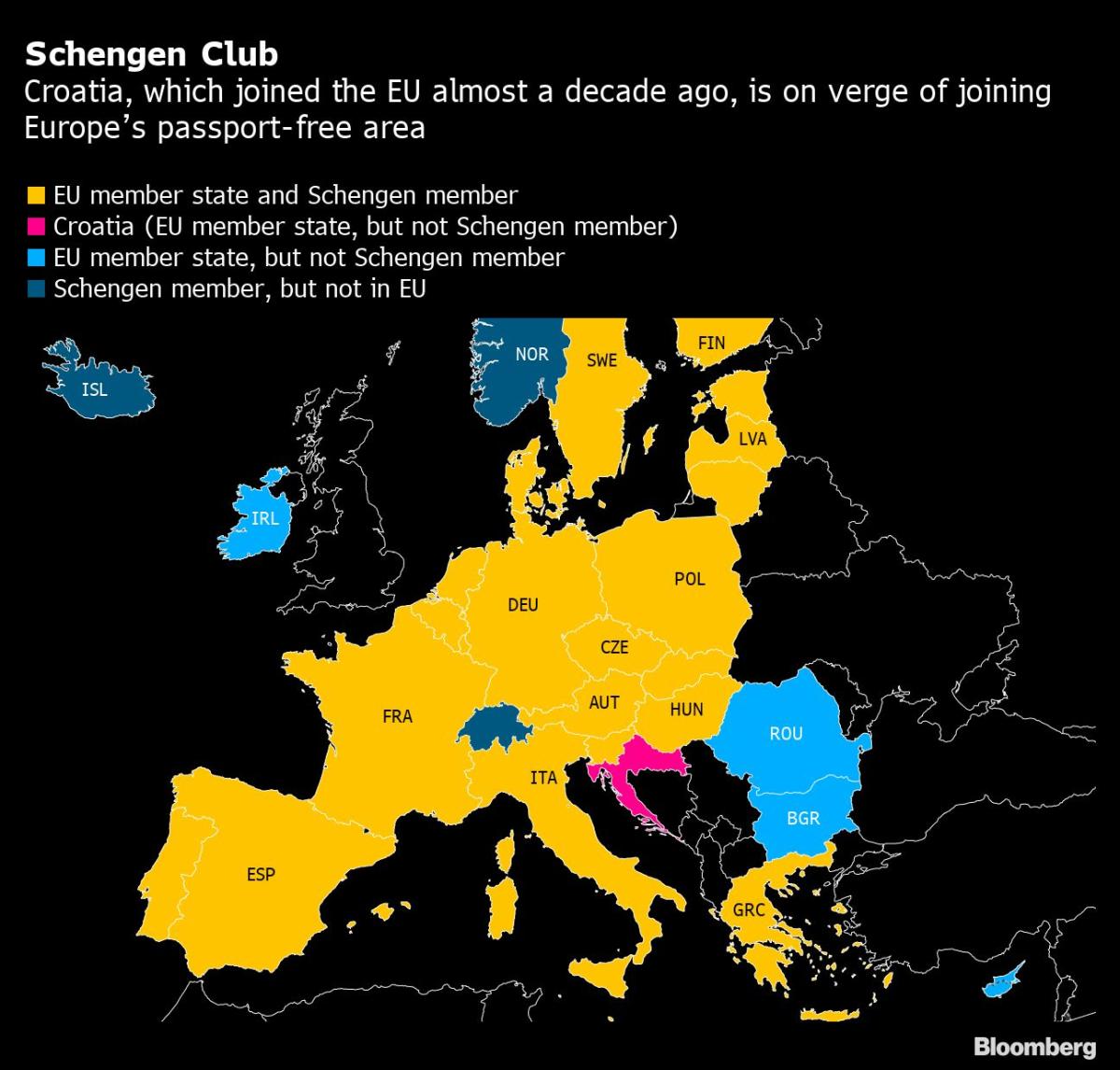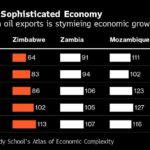
(Bloomberg) — Bulgaria’s interim government is preparing a new effort to secure the country’s full membership of the European Union’s visa-free Schengen area by the end of this year along with two other Balkan states.
Most Read from Bloomberg
While Croatia — the bloc’s newest member — may be able to join Schengen from Jan. 1, Bulgaria and Romania have remained on the outside amid criticism over corruption and organized crime, even as they fulfill the necessary technical requirements.
Bulgaria and Romania have jointly invited EU experts to reassess the countries’ readiness next month and push for a decision at a leaders’ meeting in December, Kostadin Kodzhabashev, Bulgaria’s deputy foreign minister, told reporters Thursday in Sofia.
“It turns out that joining is not so much a technical question, but rather a political one that needs full consensus,” Kodzhabashev said. “The ambition of the interim cabinet is to use this open door in full and for our country, if possible, to become a full-fledged member at the end of the year.”
For years, countries such as France and the Netherlands have been skeptical about membership for the Balkan countries. In addition, Schengen expansion remained outside the EU’s priorities during the Covid crisis that led to travel restrictions within the bloc’s internal borders.
Former Bulgarian Prime Minister Kiril Petkov, who came to office on a pledge to fight graft but was toppled in a no-confidence vote in June, had vowed in a Bloomberg interview to achieve progress by mid-2022. With an election due in October, political instability may hurt Bulgaria’s ambitions.
Bulgaria Bans ‘Golden Passports’ in Bid to Win Schengen Entry
Romanian Premier Nicolae Ciuca told Bloomberg earlier this month that he expects his country to win entry to the EU’s passport-free Schengen area before the end of the year, after more than a decade of waiting. Such a step would eliminate lengthy waits at Romania’s borders with other EU states, which have been exacerbated by the conflict in Ukraine and significantly increased traffic.
“It’s a good signal that there are already positive attitudes by some skeptical countries,” Kodzhabashev said Thursday. “We’re really hoping for a positive decision this time.”
Most Read from Bloomberg Businessweek
©2022 Bloomberg L.P.




